On a hot September day, I stood under our pop-up tent with art supplies strewn about a folding table, the campus lawn buzzing with students. I picked up a pair of scissors in my right hand and a swath of military uniform in my left hoping the students passing by would notice, and I cut the uniform in two. The fabric fell to the table with a thud. The weight of experiences embedded in the uniform equaled the anxiety I had from once wearing it. I looked up and an older student wearing an American flag and eagle on the front of his shirt was staring back at me. He asked what I was doing, and I rattled off “I am facilitating a workshop, deconstructing the uniform to reclaim it into something different, making paper out of our military uniforms and telling stories.” He carefully said he was a veteran that served in Iraq, only a couple of years after me. I invited him to cut, and we started to talk about our past.
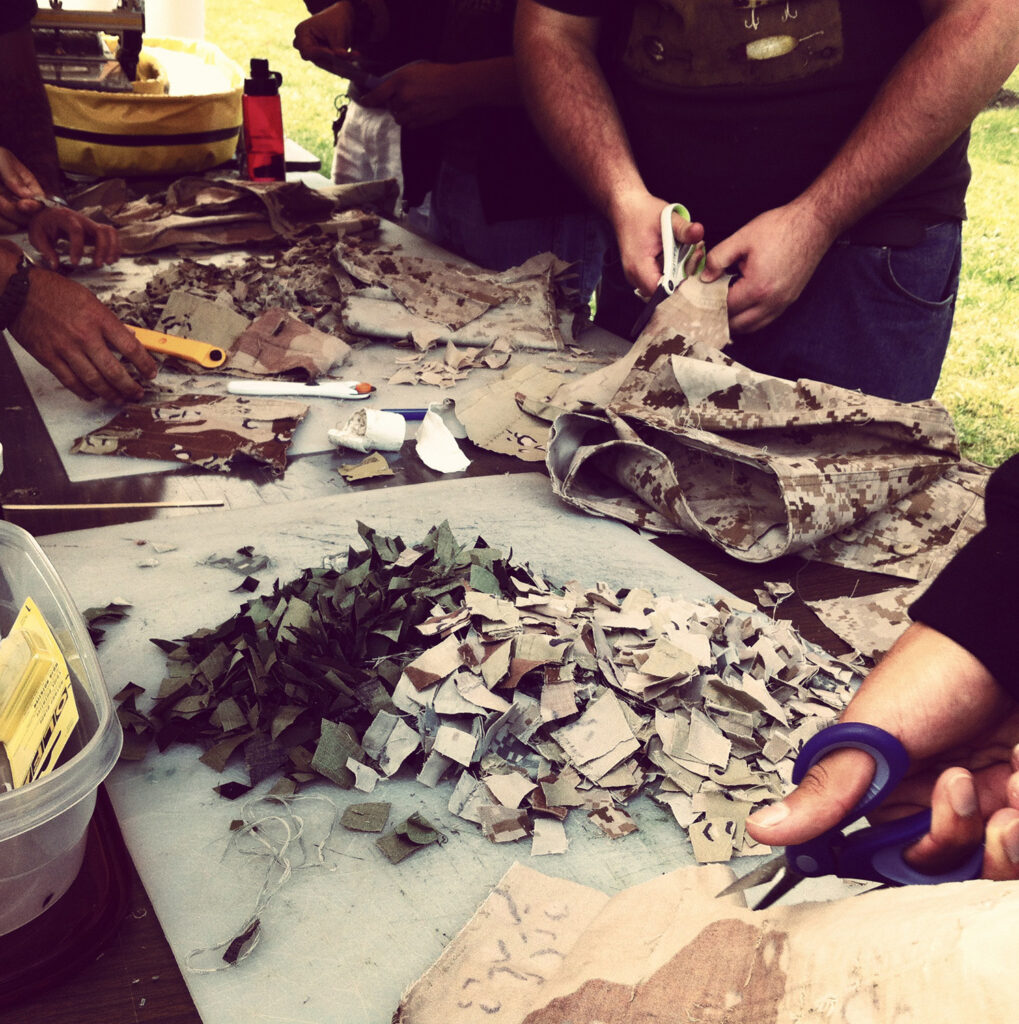
Not 5 minutes later, an 18-year-old freshman stopped, picked up a uniform, started cutting without hesitation and said through her chewing gum, “I think you are all heroes, thank you for your service.” A wave of tension rippled through me. She immediately asked why I joined and as the words 9/11 came out of my mouth, she quickly responded that she was only 7 years old when 9/11 happened. Two others that stopped by picked up scissors and uniforms from the table and turned to join the conversation. One had long hair covering her shirt that read Veterans for Peace and the other wore a grease-smudged custodial shirt. The custodian turned to the young freshman and said, “It’s been 50 years and I haven’t spoken to anyone younger than me about the war, but the only heroes are those that never came home.” The woman veteran next to him corroborated his statement saying that the term hero is just propaganda to perpetrate a never-ending war in Afghanistan. He responded with “damn straight,” while the first veteran aggressively ripped a large piece of uniform and uncomfortably shook his head. The young student looked at me perplexed, “there’s a war in Afghanistan?”
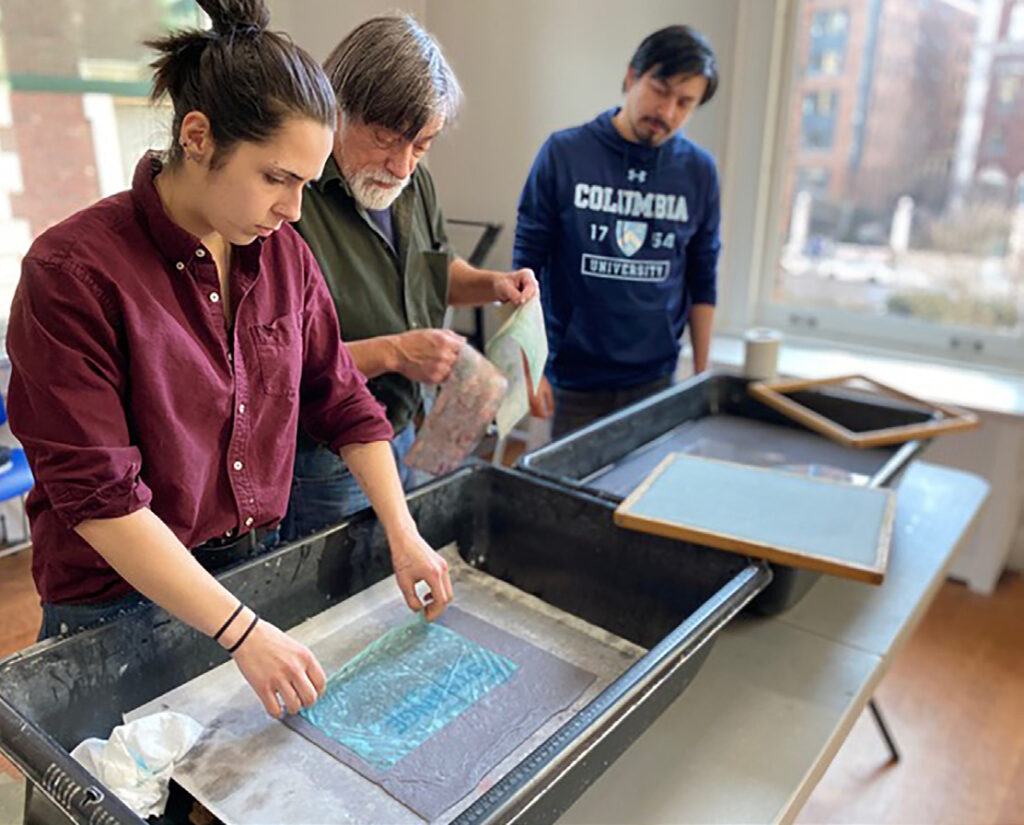
Just at that moment, a tall white-haired man dressed in a suit and tie walked up to the table and asked what we were doing. I explained that we were making paper from what I refer to as trace objects, objects that can be traced back to the moment it was witness to the same experience of the beholder. He took a piece of uniform in his hand and asked if he could also cut it into pieces. The younger student looked up at him and quickly responded, “of course you can!” He introduced himself as an Academic Dean and that he never served in the military, but his Father was injured in WWII. The conversation hummed along with stories from different backgrounds, experiences and sets of values molded and shaped by tradition, culture and environment in the same space.
“Material and story are simultaneously broken down, exposing the fibers and structures that create narratives.”
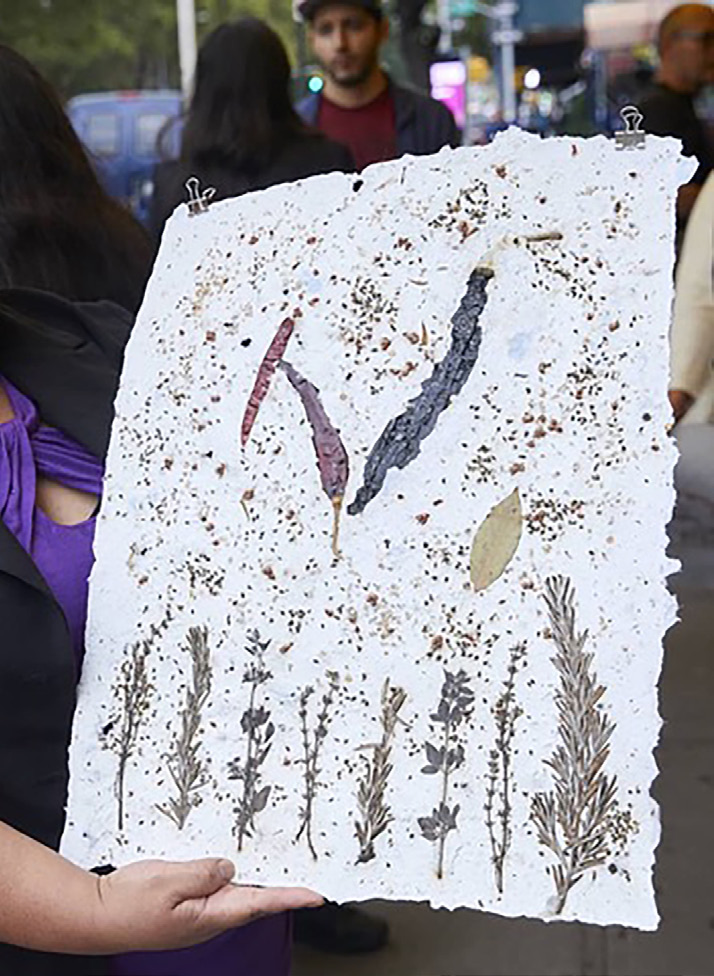
Frontline Arts has been facilitating alliances and engaging people through participatory craft workshops, generating the opportunity for everyone to witness and create with one another. The craft of papermaking and printmaking applied as a transformative process of deconstructing and reclaiming trace objects into a new platform for collective communication, thus creating a new narrative is our connective practice. Material and story are simultaneously broken down, exposing the fibers and structures that create narratives. Here, there is potential to put these fibers and stories back together as art, reclaimed and crafted alongside each other as a new co-created narrative of commonality.
Hundreds of these workshops with veterans over the years have not only built connections between veterans and society, but also led to new relationships for sustained impactful projects at Frontline Arts. Such as the Migration Project, where community gatekeepers lead workshops for migrants living in the South Bronx, Harlem and Queens to make paper and prints from Mexican flowers and herbs, immigration documents, and the clothes that they wore while crossing borders wth the Scrubs Paper Project, where respective gatekeepers lead workshops with those affected by the pandemic to make paper and prints from their clothes, including healthcare workers’ garments. Many of Frontline Arts’ workshops now include members from these different communities around the same table. The narratives of struggle and trauma carry across differing communities, very similar to the stories that created connectivity around the uniform.
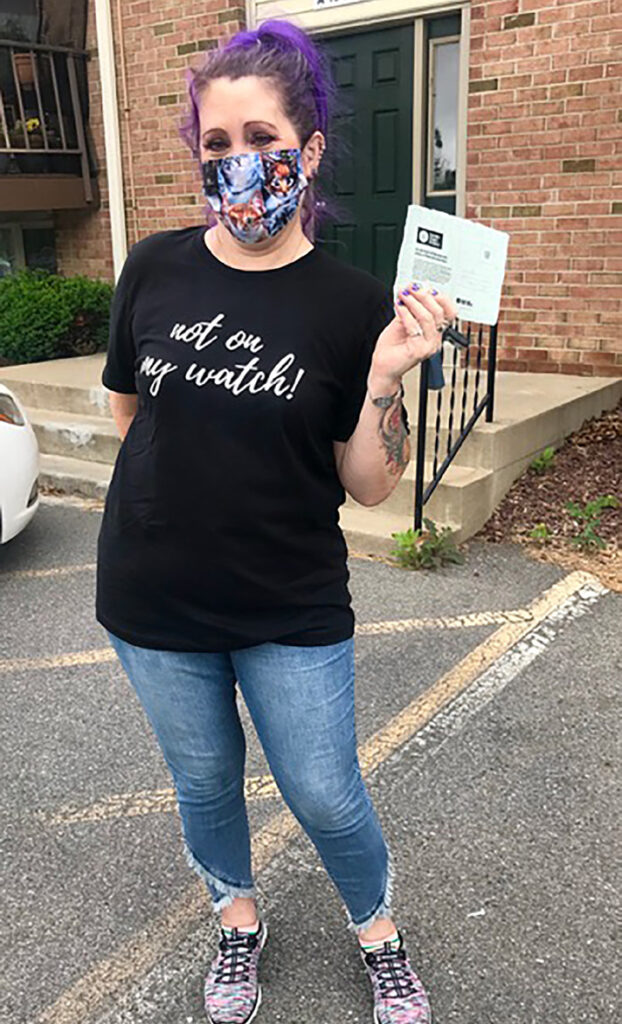
The uniform pieces continued to fall. After a few minutes, the Dean heaved that his Father never had any respect for him because he missed the draft for Vietnam and, compounded with an illness brought on by the war, it led to a very traumatic childhood. The first older student veteran perked up and commiserated about a similar traumatic childhood due to his Mother’s life-long silent distress from her time in the military. The custodian joined in and said how he reluctantly visits the VA hospital to treat his PTSD, but hates waiting in “long-ass lines.” After a collective sigh from the group, the Dean turned to the freshman and asked how classes were going. As she cut, tears streamed down her face, about how scared she was, being alone and away from her family for the first week of school. I thought that was pretty heroic of her. G&S
You can learn more about Frontline Arts at frontlinearts.org

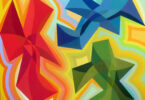

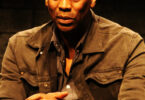
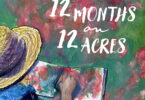
thank you.